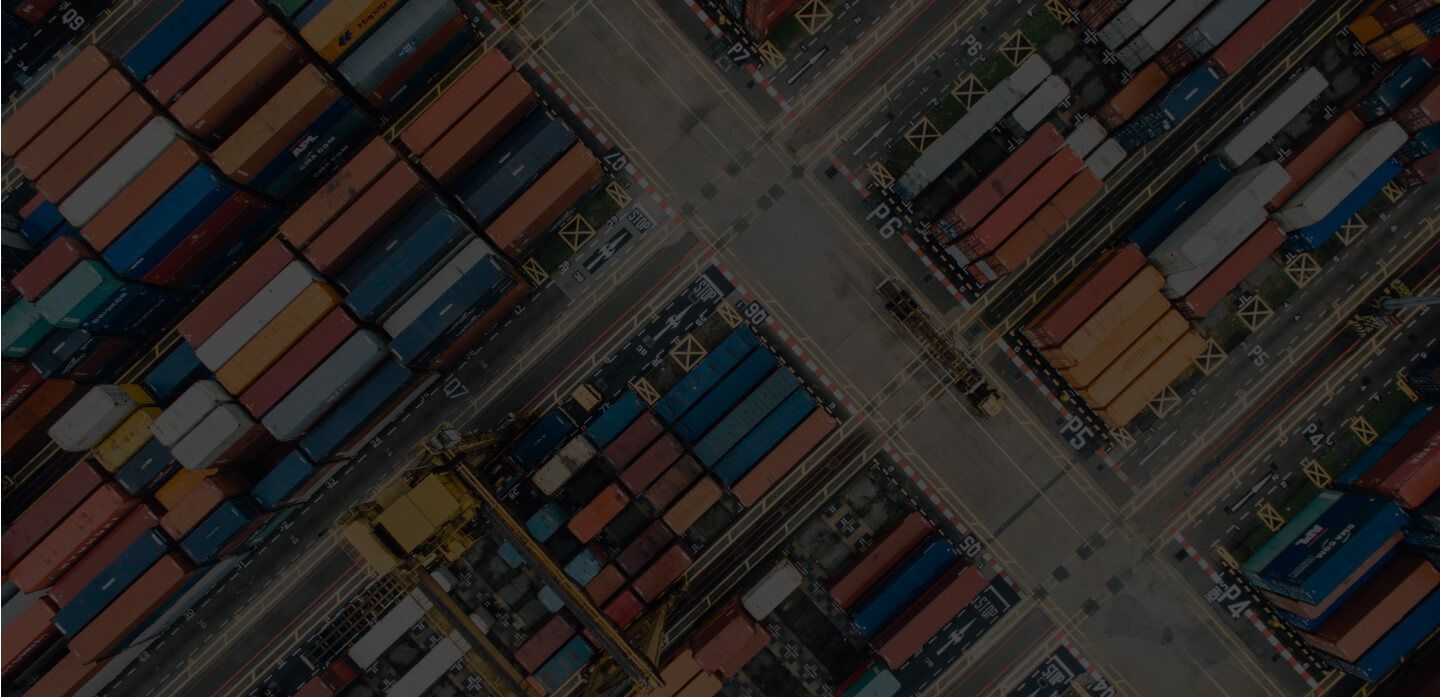
Container Shipping to Spain — Get Instant Quotes



Why Choose iContainers for Shipping to Spain?
Spain operates three Mediterranean mega-hubs—Valencia, Barcelona and Algeciras—handling a combined 13 million TEU a year. Valencia alone moved 5.58 million TEU in the last twelve-month period, while Barcelona’s container volumes jumped 21 % in 2024. (valenciaport.com, worldcargonews.com))
iContainers plugs you straight into that network with:
- Live FCL & LCL pricing to every Spanish gateway (plus Canary & Balearic feeder services).
- Integrated guidance on EU customs plus Spain’s 21 % VAT so your DDP or DAP quotes are duty-accurate. (lawants.com)
- Door-to-door tracking, bilingual (English / Spanish) support, and optional customs-broker services.
- Air-freight upgrades via Madrid-Barajas (MAD) or Barcelona-El Prat (BCN) when speed matters.
Our Container Shipping Services to Spain
Full Container Load (FCL)
Large retailers and automakers import electronics, machinery and components via FCL into Valencia (ESVLC), Barcelona (ESBCN) and Algeciras (ESALG) to keep per-unit costs low and avoid devanning delays.
Less-than-Container Load (LCL)
SMEs and e-commerce brands ship < 15 m³ on weekly LCL consolidations that de-van in bonded depots at Valencia and Barcelona—cutting freight spend by up to 50 %.
Popular mode: FCL dominates high-volume shipments, but LCL demand is rising among cross-border sellers replenishing Amazon.es.
Major ports / airports served: Valencia, Barcelona, Algeciras; urgent cargo via MAD and BCN.
Typical cargo: Consumer electronics, fashion apparel, automotive parts, wine & spirits.
Transit-time guide:
- Los Angeles → Valencia: ≈ 39 days port-to-port.
- Rotterdam → Valencia: ≈ 3-5 days (short-sea).
Country-specific note: Spain applies EU safety & security declarations (ICS2) plus 21 % VAT at import; ensure HS codes are validated in advance to avoid clearance delays. (lawants.com)
Alternative option: Air freight trims door-to-door to 3-7 days via MAD / BCN for high-value spares and fashion launches.
Container shipping rates to Spain
How much does it cost to ship a container to Spain?
How Long Does It Take to Ship a Container to Spain?
- US West Coast → East Spain: 38-42 days
- North Europe → East Spain: 3-7 days short-sea
- East Asia → East Spain: 28-35 days
Air freight door-to-door: 3-7 days via MAD / BCN.
Popular Routes and Ports for Shipping to Spain
- Trans-Atlantic services feed Valencia & Barcelona direct from New York and Savannah.
- Asia-Med loops link Shanghai / Ningbo to Valencia & Barcelona, with Algeciras acting as a trans-shipment pivot for West-Med and Atlantic islands.
- Feeder networks move cargo onward to Bilbao, Vigo, Las Palmas and Santa Cruz de Tenerife.
Steps to Book Your Container Shipment with iContainers
- Get an instant quote online.
- Upload commercial invoice & packing list plus any EUR-1 or CO documents.
- Confirm booking and pay securely.
- Track vessel milestones in real time.
- Clear EU customs—DIY or via our broker.
- Arrange final-mile delivery to warehouse, Amazon ES FBA, or free-zone.
What Can You Ship in a Container to Spain?
Common Commodities
Electronics
Automotive components
Apparel
Machinery
Wine & spirits
Processed foods
Restricted / Prohibited Goods
Counterfeit brands, certain agricultural products without phytosanitary certificates, and hazardous chemicals lacking EU REACH registration.
FAQs About Shipping Containers to Spain
< 15 m³ usually moves cheapest via LCL consolidation.
Not mandatory, but highly recommended—add door-to-door cover at checkout.
Reserve space 6-8 weeks ahead of November-December to avoid roll-overs and rate spikes.